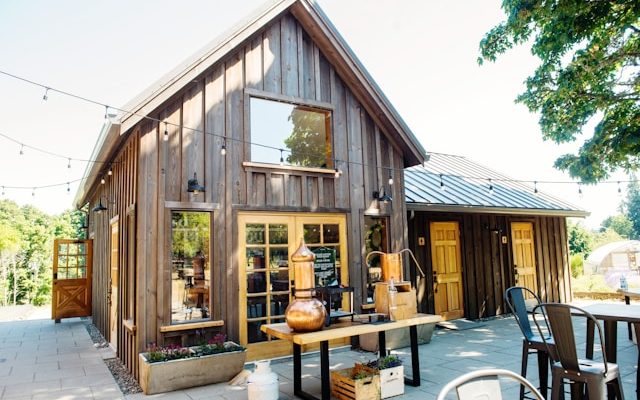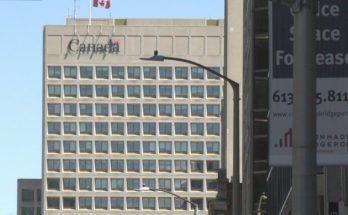Vancouver/CMEDIA: The British Columbia (B.C.) Premier David Eby’s trade mission to Asia reportedly promises to bring new opportunities to grow a stronger, more diversified economy and create good jobs throughout the province.
Eby’s 10-day economic tour to Asia promoted B.C.’s strengths as a reliable trade partner that has what the world needs — from critical minerals and clean energy, to forestry and agriculture products, and the ports to deliver them.
“This mission was about supporting B.C. jobs and building a British Columbia that will be the economic engine of a more independent Canada. Our trade relationships with the Indo-Pacific are exceptionally important right now…B.C. has a lot of advantages – our proximity to Asia, our abundance of natural resources, our talented and diverse workforce…and it was a great opportunity to showcase that to key trade partners,” said Premier David Eby
During Eby’s mission, which included stops in Japan, Malaysia and South Korea, he was accompanied by Lana Popham, Minister of Agriculture and Food, and Paul Choi, parliamentary secretary for Asia-Pacific trade.
The business delegation consisted of representatives from 19 B.C. companies, universities and associations.
While focusing on strengthening relationships with governments, business leaders and investors, the trade mission also promoted B.C.’s strengths in key sectors, such as clean energy, technology, wood and wood products, agrifood and critical minerals.
Several of the meetings focused on B.C.’s plans to work with Japan, Malaysia and South Korea to support their energy transitions through opportunities in clean energy.
For example, Premier Eby followed up on a renewed memorandum of understanding signed in 2023 by meeting with the Japan Organization for Metals and Energy Security (JOGMEC) to explore ways to grow trade and unlock new sources of energy, such as hydrogen.
With exports from B.C. to Asia beginning this summer, he met with Petronas in Malaysia, to discuss opportunities in clean energy, such as wind power and green mobility and liquefied natural gas (LNG).
In South Korea, he met with Samsung E&A to discuss additional business opportunities in carbon capture, utilization and storage technology with B.C.
With his mission also focusing on promoting B.C.’s safe and sustainable agrifoods products. Popham met with more than 20 influential agrifoods retailers, wholesalers, regulators and importers, including Costco Japan and Sojitz Foods in Japan, Halal Development Corporation in Malaysia, and Daesang and Emart Traders in South Korea.
“The one constant I heard in Japan, Malaysia and South Korea is how respected and trusted B.C. is as a source for high-quality food,” Popham said. “I was proud to build relationships and share the stories behind our province’s food. There was lots of excitement about bringing more B.C. products overseas, and I look forward to seeing the results.”
Multiple agreements were signed between B.C. and Korean universities for advancing information sharing and knowledge exchange. For example, memorandums of understanding were signed by the University of British Columbia and Simon Fraser University with Pohang University of Science and Technology to promote joint research, faculty and student exchanges and collaborative innovation.
“We are extremely confident that our trade mission to Japan, Malaysia and South Korea will strengthen existing relationships and generate new opportunities across the region,” Choi said. “British Columbia has a highly efficient network of trade and investment representatives throughout Asia, as well as the products and services that the growing Asian economies need. We will continue to promote our advantages as a key trading partner with our friends in the Asia-Pacific region to grow our trade presence there.”
B.C.’s Trade Diversification Strategy being a part of the mission outlines actions to increase trade and investment opportunities in existing markets, such as Japan and South Korea, as well as in new and emerging markets, such as Malaysia.





